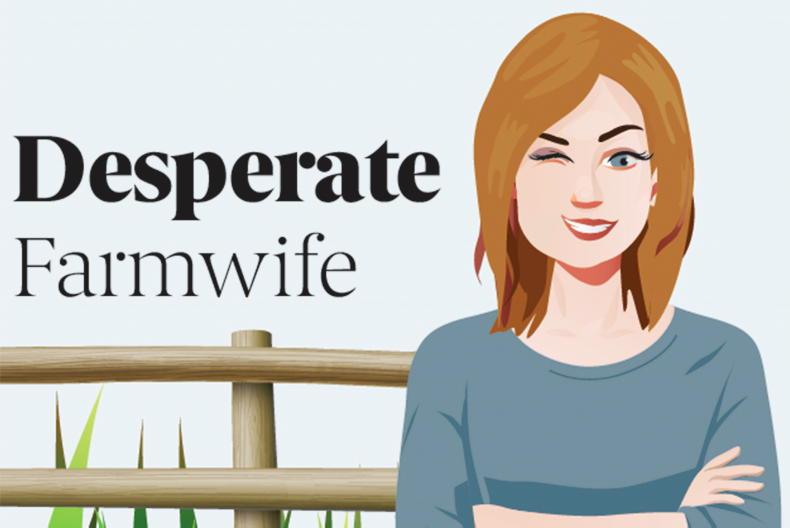There’s a lovely word unique to Ireland and Irish life. It’s called the “meitheal”. When I was growing up, the spirit of the “meitheal” was explained to me as farmers helping each other.
At this time of year in particular, it is commonplace. I remember it first hand. It would involve neighbouring farmers helping each other, saving hay and silage and reaping the harvest. In practice, it is special to farming.
But is it a great tradition of togetherness among farmers which is disintegrating in principle? Well, am I the only one sensing an unsettling disquiet between Irish farming sectors at a time when collectively, economically and generationally, they face the biggest test of their resilience?
You might not go so far as to say that Irish livestock farmers are involved in a sort of civil war but is there not a slight air of sulphur and fractiousness wafting around between suckler producers and their dairy counterparts?
For example, I dropped by a western mart recently to speak with predominantly drystock men about the beef price crisis. One seasoned buyer told me he couldn’t source the sort of animal he wanted because, to paraphrase him, the quality he was looking for just wasn’t there. And he blamed the proliferation of dairy calves born as the source of his annoyance. Are there many more like him?
While you couldn’t cite it as jealousy, there is a bit of that finger pointing going on when it comes to those involved in suckler/beef production taking the bulk of the rap for rising greenhouse gas emissions at a time when the dairy herd has multiplied rapidly.
Yet it is only fair to point out too that dairymen are breaking no rules, rather they’re just making the most of the post-quota era and meeting demand globally for their quality and relatively sustainable product. So much so, some suckler farmers have actually succumbed to the old mantra, “if you can’t beat them, join them”.
The larger and well-established farm lobby groups have always enjoyed a suspicious acceptance of each others’ existence. Hard to believe then that there was once loose talk of mergers. Instead, we end up with more Irish farm organisations. And so, the emergence of new, more bespoke farm lobby organisations in recent times says something of the view on the ground, as evidenced by the very well-organised and decently attended “beefplan” march on Leinster House last week. It was as vociferous as it was timely given the flux regarding the pros and cons of the EU/Mercorsur trade agreement.
It may have been relatively innocuous when compared to infamous farmers’ marches going back to the 1960s. Even still, nervous rural Fine Gael and Fianna Fáil TDs watching on at such an angry protest from inside the gates of Leinster House must have done so perplexed considering the ire of the marchers was aimed at them rather than meat factories or retailers. And those who ventured outside the gates got a right earful too.
The EU/Mercorsur deal may have been out of the hands of our elected politicians, but they are being held to account regardless. Nevertheless, politics aside, there are so many big and important issues facing Irish farming and food production. Now more than ever, wouldn’t it be in all our interests to invoke the spirit of the “meitheal” rather than bickering and talking out of sides of their mouth about fellow farmers?









SHARING OPTIONS